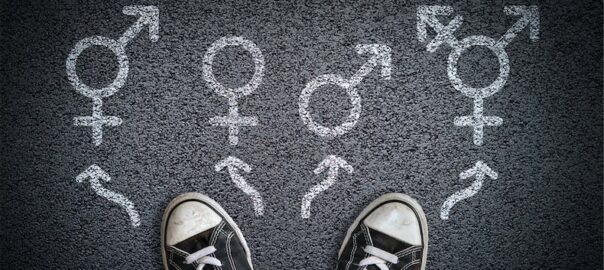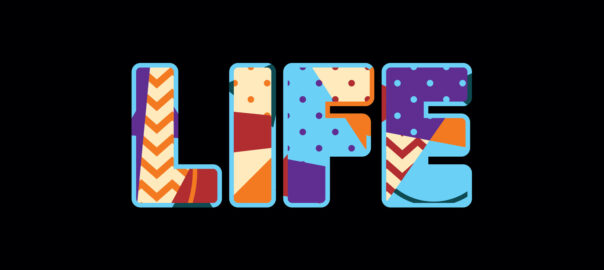
We are in a crisis of human identity. Both anthropology (the study of human nature, cultures, and experiences) and epistemology (the study of knowledge and the search for the truth particular matters) are being debated in unprecedented ways.
In this essay, I am NOT advocating to any reversion to cultural-historical functions for women and men or calling for coercive rules for how adults peaceably regulate their lives. A pluralistic, free, and virtuous society rests on freedom of conscience and voluntary association(s). In the spirit of the title of this series, I am asking that we pause from our misplaced anger and unreflected compassion and realize that we do know better about sexual identity.
There is no place for bullying or harming any person of any identity. But declaring criticism of these ideologies, “violence” is itself an attack on freedom of conscience.
When a Supreme Court Justice appointee refuses to define the word woman (an adult biological female is the proper answer), the triumph of subjectivism is almost complete. When even secular feminist thinkers are excoriated for not affirming every current fad of gender anarchy, we are in trouble. When normative biological sexual identity is defined as “cisgender(ed)” and any hints of the differences between boys and girls are called out as “toxic” – we are in trouble.
As I share my thoughts, I come to this with decades of education and interaction in the epicenters of gender reflection: Santa Cruz and Berkeley, CA. All of my academic degrees and much of my work has been amidst the ever-changing currents of what is politically/publicly acceptable. I have laughed and cried, served and worked with women and men of all faiths or none, and all manner of sexual attractions and identities. Each person is a divine image-bearer and offers much to our world. And, until recently, my deepest convictions were at least somewhat respected and tolerated. After the Supreme court decision of 2015 affirming gay marriage (with the Justices admitting that many will disagree and must be allowed such freedom), it seemed that everything desired by proponents of non-traditional lifestyles was in place. No discrimination, no persecution for private behavior, and access to all privileges and services others enjoy.
But the radical proponents of gender anarchy were not done. Suddenly our culture wars metastasize and there are now scores of identities that must be publicly celebrated, and children must have the right to alter their body’s chemistry and even eliminate signs of their biological sex, without permission from parents! Now the real agenda of the radical Left is exposed: destruction of the biological/nuclear family. Mom, Dad, and biological children in a unit of loving cooperation is now seen as hindering progress toward “the collective” and a remnant of outdated religion. Never mind that in all civilizations throughout all of history, parents and children (and their extended clans) are the heart of human identity and flourishing.
The pagan-secular Towel of Babel is now a transhumanism of complete subjectivity.
When feminists Martina Navratilova, J.K. Rowling and Naomi Wolf are excoriated as “TERFs” (trans-exclusionary radical feminists) and biological males can choose new bathrooms and compete in female sports simply by declaring a new identity, we are in trouble.
Friends, we know better. With rare exceptions, the DNA and physiology of male and female are innate and unchangeable. There is HUGE range of behaviors and dispositions (and neuroscience affirms a range of conditions) of males and females, so stereotyping is unhelpful and unscientific. If adults desire a certain identity, name change, and have a range of affections, that is their private business. But asking rational and religious people to promote such ideas and actions is coercive and a violation of conscience.
Friends, we know better. Children and adolescents are in a constant state of development and expecting them to have the faculties for choosing their gender and ripping such choices away from family systems is cruel and unjust. Research for more than half a century places the number of long-term same-sex attracted and bisexual people at somewhere around 5% of the population (Kinsey’s bad research and his 10% figure from the 1950s have been repudiated many times), for men and women over 25. The explosion in adolescents identifying as bi- or trans- is clear cultural conditioning. When school officials hide children “transitioning” from parents, this is a complete violation of family preeminence over the state.
We know better. Biology matters. Public schools have no business imposing their ideologies on students and hiding their agendas from parents. Ethical statements about sexual identity and practices are not violence. Let’s affirm liberty for all – including the liberty to make moral proclamations without fear.


